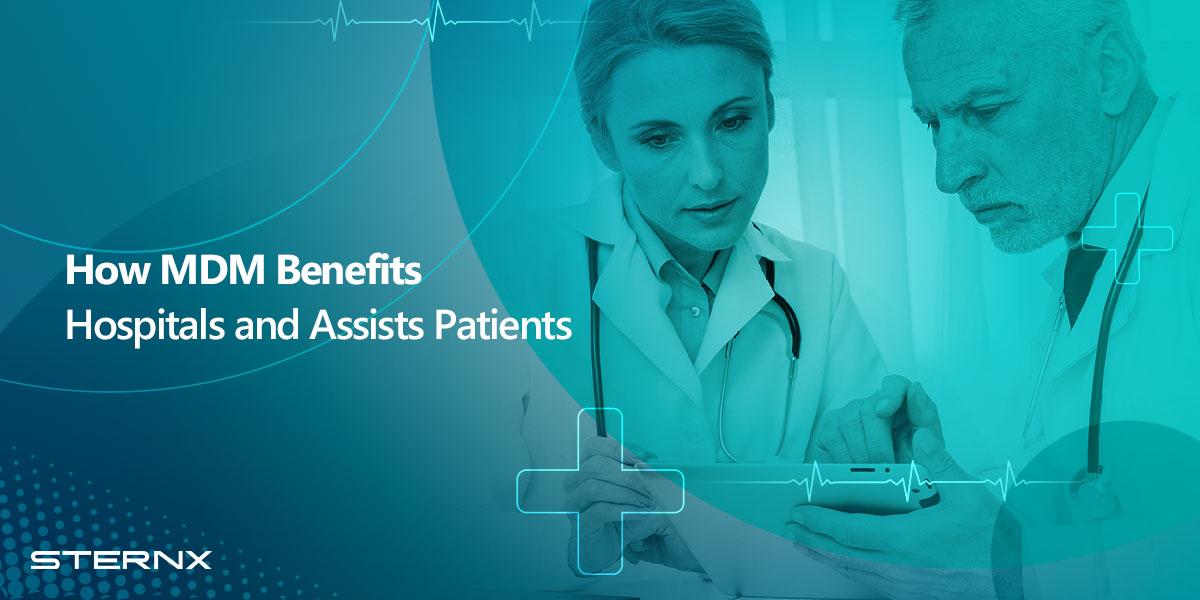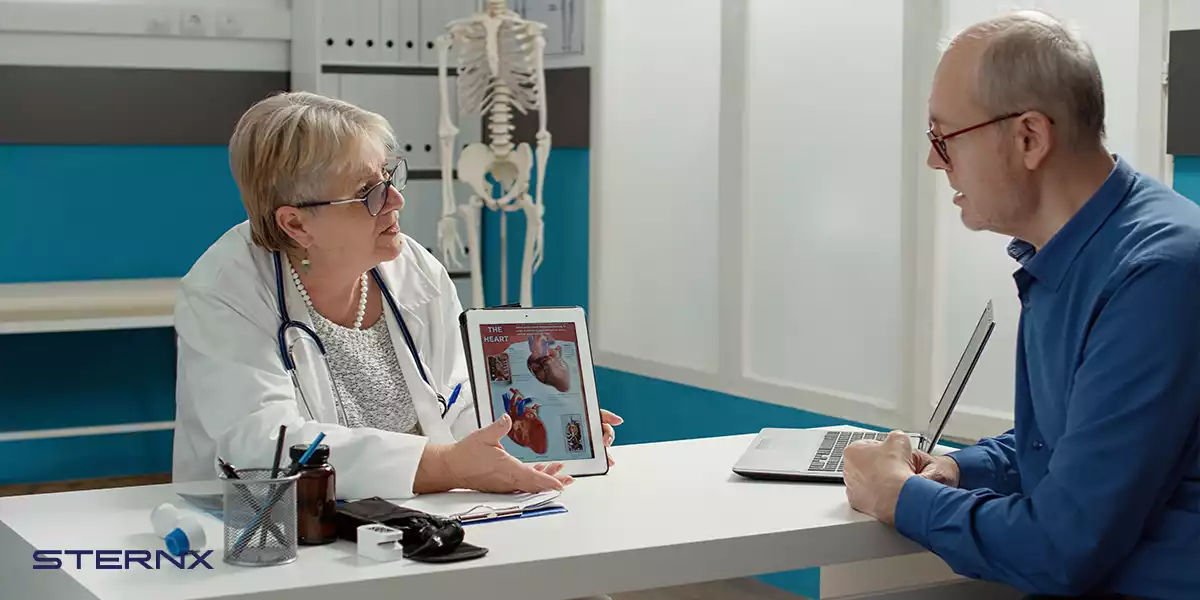The healthcare industry is rapidly adopting mobile technology to improve patient care and hospital operations. Doctors and nurses rely on smartphones and tablets to access patient records, lab results, imaging scans and more, all at the point of care. However, with the proliferation of mobile devices comes new security and management challenges. This is where Mobile Device Management (MDM) in healthcare solutions are proving invaluable for hospitals.
MDM in healthcare enables hospitals to efficiently manage and secure mobile fleets across the organization. Doctors can remotely access patient data without compromising compliance. Nurses get critical alerts promptly on mobile. With real-time visibility, IT teams can lock or wipe lost or stolen devices. Ultimately, MDM solutions ensure patient data is safeguarded without hindering clinical productivity.
Table of Contents
ToggleThe Need for MDM in Healthcare
Hospitals have seen widespread adoption of mobile devices like smartphones and tablets among clinicians. A recent survey found 89% of physicians use smartphones and 57% use tablets at work. Nurses too prefer handheld devices for medication management, communications and more.
While mobile devices improve point-of-care services, they also pose new challenges:
- Data security: Patient health records contain sensitive information that must be secured as per HIPAA regulations. Lost or stolen devices put this data at risk.
- Compliance: Hospitals must comply with HIPAA, HITECH and other laws governing patient data privacy and security. Unsecured mobile devices can lead to compliance issues.
- Support costs: Managing and securing a growing number of employee-owned and hospital-owned mobile devices strains IT resources.
This is why over 90% of hospitals now use MDM, according to KLAS research. MDM solutions allow IT teams to manage the entire lifecycle of mobile devices, from deployment to retirement, efficiently and securely.

Key Benefits of MDM in Healthcare
MDM platforms offer numerous advantages that benefit hospital staff and patients alike:
Enhanced data security with MDM in Healthcare
- MDM solutions containerize apps and data, separating personal and work information on devices. This protects patient data if a device is lost or stolen.
- Remote lock, wipe and locate features allow quick action on compromised devices to prevent data leaks.
- Role-based access controls restrict data access to authorized users only.
- End-to-end encryption safeguards data in transit across networks.
Improved regulatory compliance
- MDM enables consistent security configs across all mobile devices as per industry regulations.
- Comprehensive device audits and reporting help demonstrate compliance to authorities.
- Automated policy enforcement guarantees security policies are applied.
Enhanced IT efficiency with MDM
- Streamlined over-the-air enrollment and configuration of new devices reduces hands-on IT work.
- Automated device tracking and inventory management frees up IT resources.
- Role-based management allows efficient administration of 100s of devices.
- Real-time dashboard views give IT full visibility over the mobile fleet.
Improved clinician productivity with MDM Solution
- Doctors and nurses get seamless access to work apps, medical resources and patient data on mobile.
- Critical communications like lab alerts reach care teams promptly.
- Clinical workflows are enhanced with better mobile access to EHR, telehealth etc.
- Personal apps don’t affect work apps, enabling clinicians to use own devices (BYOD).
Better patient outcomes with MDM in Healthcare
Ultimately, all the above benefits of MDM in healthcare translate to better care quality and patient satisfaction.
- Enhanced clinician workflows and mobile access to data assists faster diagnosis and treatment.
- Robust data security ensures patient’s electronic health records remain confidential always.
- More efficient hospital operations mean higher staff productivity and better utilization of resources.
Implementing MDM in Healthcare
To enjoy the full benefits of MDM in healthcare organizations, the solution must be rolled out correctly. Here are some best practices to follow:
- Involve all stakeholders like IT, InfoSec, clinicians etc. when evaluating MDM vendors. Seek solutions with healthcare-specific features.
- Start with a pilot MDM deployment. Onboard user groups incrementally to gauge performance, identify gaps and drive user adoption.
- Integrate the MDM platform with existing systems like EHR, LDAP servers etc. for smooth and automated device monitoring and control.
- Leverage MDM automation features like auto-enrollment to simplify IT administration as the mobile fleet scales.
- Provide comprehensive MDM training to IT admins, clinicians and other users to maximize solution utilization.
- Monitor KPIs like device security compliance rates, policy violations, and help desk tickets to continuously improve the program.
Conclusion
Mobile devices are transforming patient care by enabling physicians instant access to critical data at the point of care. But the security risks of uncontrolled mobile devices in healthcare are also immense. A robust MDM strategy is crucial for hospitals to balance data security, clinician productivity and patient care. With the right MDM platform and implementation approach, healthcare organizations can fully leverage mobility to enhance outcomes.
MDM strategy is crucial for hospitals to securely leverage mobile technology and protect patient data. With capabilities like remote wipe, encryption, access controls and compliance management, a comprehensive MDM platform enables hospitals to run a secured mobile fleet.
Equally important is proper implementation – integrating with existing systems, training users, monitoring adoption metrics etc. With the right MDM solution and rollout approach, hospitals can fully realize the benefits of mobility – enhanced clinician productivity, streamlined workflows and improved patient outcomes.
As mobile usage grows in healthcare, so will the need for MDM. Hospitals that embrace MDM will gain a competitive edge in leveraging mobility securely to deliver better patient care. Those slow to adopt robust MDM risk data breaches, non-compliance and poor utilization of mobile investments. By taking a strategic approach to MDM, hospitals can maximize their mobile potential.

